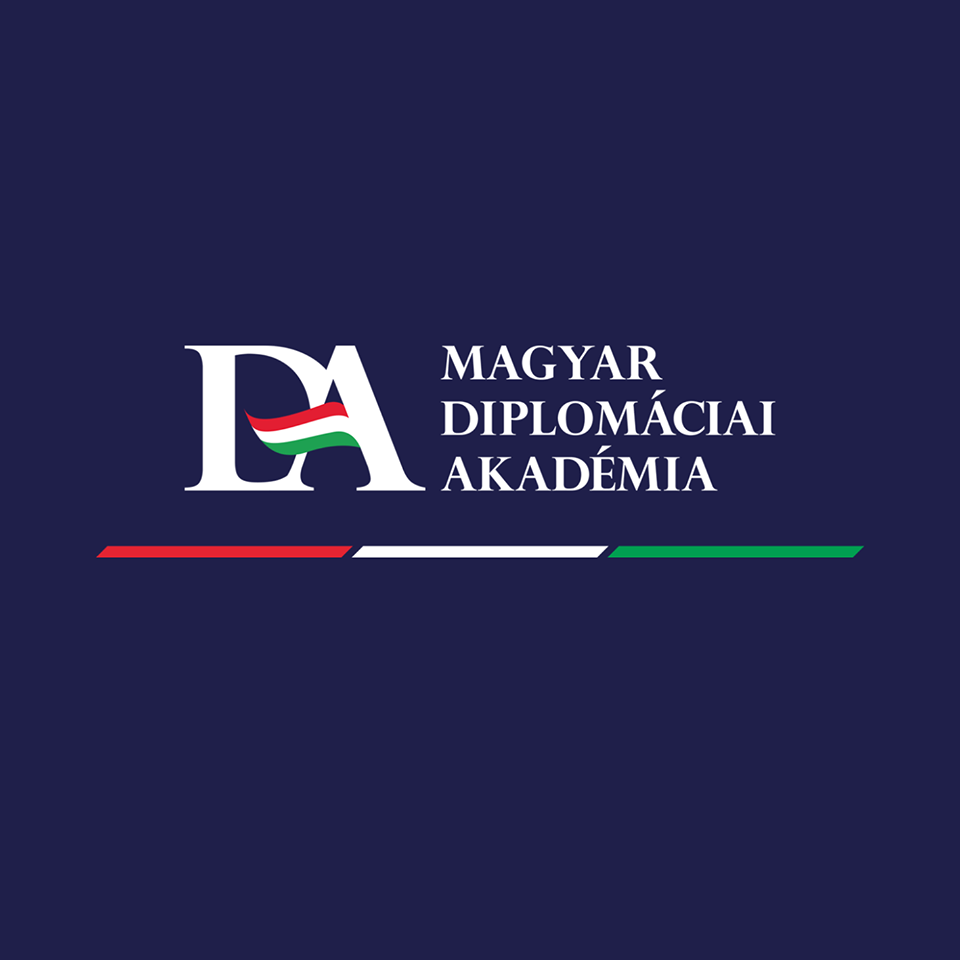From 28 November to 2 December, the Conference of the States Parties of the Organisation for the Prohibition of Chemical Weapons (OPCW) holds its twenty-first session in The Hague. On Tuesday 29 November, Ambassador Mr András Kocsis, head of the Hungarian delegation, delivered the following speech:
"Mr. Chairman, Mr. Director-General, Distinguished delegates and guests, Ladies and Gentlemen,
Please allow me to express my delegation’s sincere congratulations to you on your election as Chairperson of the Twenty-First Session of the Conference of the States Parties of the Organisation, as well as to the Vice-Chairpersons. I trust that under your able leadership this session of the Conference will be a successful one. You can count on Hungary’s cooperation and support.
Hungary fully aligns itself with the statement made on behalf of the European Union. At this point, I wish to add a few remarks in a national capacity.
Hungary would like to express its concerns over the findings of the OPCW-United Nations Joint Investigative Mechanism (JIM) highlighting that chemical weapons have been used throughout 2015 in Syria. The importance of identifying and holding the perpetrators accountable, and verifying that the Chemical Weapons Convention declaration and related submissions of Syria are accurate and complete, cannot be stressed enough. Hungary is therefore determined to continue its support to the OPCW’s Fact-Finding Mission and the JIM, and urges once again the Syrian Arab Republic to fulfil its obligations under the Convention and United Nations Security Council resolutions 2118 (2013), 2209 (2015) and 2235 (2015). Hungary joined the statement initiated by Australia, Canada and the Netherlands on the possible use of chemical weapons by the Syrian Arab Armed Forces and the so-called “Islamic State of Iraq and the Levant” and we urge all States to do the same.
We commend the work of the OPCW’s Technical Secretariat and the efforts of all the States Parties supporting and involved in the removal of remaining chemical weapons stockpiles from Libya that will allow for their destruction in spite of a challenging security situation.
Since its entry into force in 1997, the Chemical Weapons Convention has become the fastest growing treaty in the field of disarmament and non-proliferation having 192 States Parties. Thus the Member States represent 98% of the global population and landmass, as well as 98% of the worldwide chemical industry. However, this year, unfortunately, we cannot welcome new Member States to the OPCW. With a view to achieving our common goal of eliminating chemical weapons, Hungary calls upon those few remaining States not Party to the Convention to accede or ratify as soon as possible.
Finally, I am proud to announce that the Agreement between the Organisation and Hungary on the Privileges and Immunities of the OPCW entered into force on 25 May 2016. The agreement provides the legal basis for granting privileges and immunities to the OPCW and certain categories of officials.
Mr Chairperson, in conclusion, let me reiterate Hungary’s full commitment to and support for the Chemical Weapons Convention and the OPCW. I wish all of us a fruitful and successful Conference. I would also like to request that this statement be considered an official document of this session of the Conference and posted on both the OPCW external server and the public website.
Thank you all for your attention."
Organisation for the Prohibition of Chemical Weapons (OPCW)
The OPCW is an international organisation striving for the prohibition of chemical weapons, destruction of chemical weapons stockpiles and promotion of the peaceful use of chemistry. Currently 192 States Parties are members to the Hague based OPCW. The Chemical Weapons Convention establishing the organisation entered into force in 1997 following the deposit of the instrument of ratification by Hungary as the 65th member. The OPCW plays a key role in the destruction of the Syrian chemical weapons stockpiles, an operation coming close to its end. The organisation was awarded with the Nobel Peace Prize in 2013. The Embassy of Hungary in The Hague provides for Hungary’s permanent representation before the OPCW, as well as before a number of Hague based international organisations.





